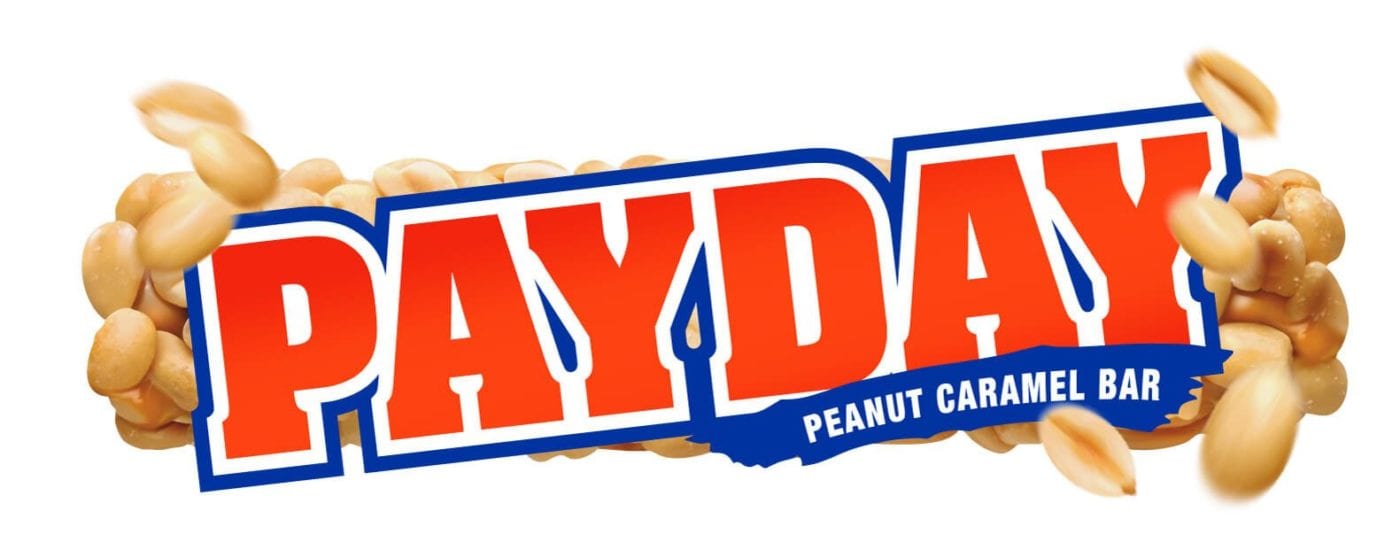Een vergelijking van salarissen in de digitale industrie wijst uit dat productmanagers en UX-ontwerpers het meest verdienen en sociale media-managers het minst. Althans in Duitsland en het is natuurlijk de vraag in welke mate de cijfers goed vergelijkingsmateriaal opleveren. Desalniettemin is het overzicht relevant, want naast onze grootste handelspartner is Duitsland een redelijk vergelijkbare economie en gaan de jaarlonen in euro’s. Wat verdienen productmanagers, UX-ontwerpers, merkmanagers, e-mail marketeers?
Een actueel onderzoek van het salarisportaal Gehalt.de heeft 8.240 beloningsgegevens van tien beroepen (werknemers zonder personeelsverantwoordelijkheid) in de digital industrie geanalyseerd om daarachter te komen. Resultaten werden onder meer gepresenteerd in Duitslands bekendste marcom-vakmedium Werben und Verkaufen: Productmanagers en UX-ontwerpers ontvangen er het hoogste salaris met een inkomen van bijna 50.000 euro per jaar. Ter vergelijking: socialmediamanagers ontvangen in Duitsland zo’n 36.100 euro.
Meer precies: (Digital) productmanagers in de digitale industrie verdienen ongeveer € 49.500 per jaar, gevolgd door UX-ontwerpers met 48.800 euro en performance-marketingmanagers met 47.600 euro per jaar. In veel beroepen in de digitale industrie is het inkomen niet hoger dan 40.000 euro. Fulltime webontwerpers vangen zo’n 36.800 euro, e-mailmarketingmanagers ontvangen een bruto jaarsalaris van 39.800 euro. De salarissen van SEO- en PR-managers in digital bedragen ongeveer 39.000 euro.
Er is ook een kanttekening: ‘Zij die alleen hun inkomsten willen verhogen, zouden grotere bedrijven of zelfs een verandering van industrie moeten overwegen. Het salarisniveau is aanzienlijk hoger in de ‘traditionele industrie’ dan bij pure internetbedrijven, omdat daar bijvoorbeeld tariefstructuren veel beter zijn’, slelt Philip Bierbach, Managing Director van Gehalt.de. Ter vergelijking: een Duitse PR-manager in overige sectoren verdient jaarlijks ongeveer 48.000 euro.









